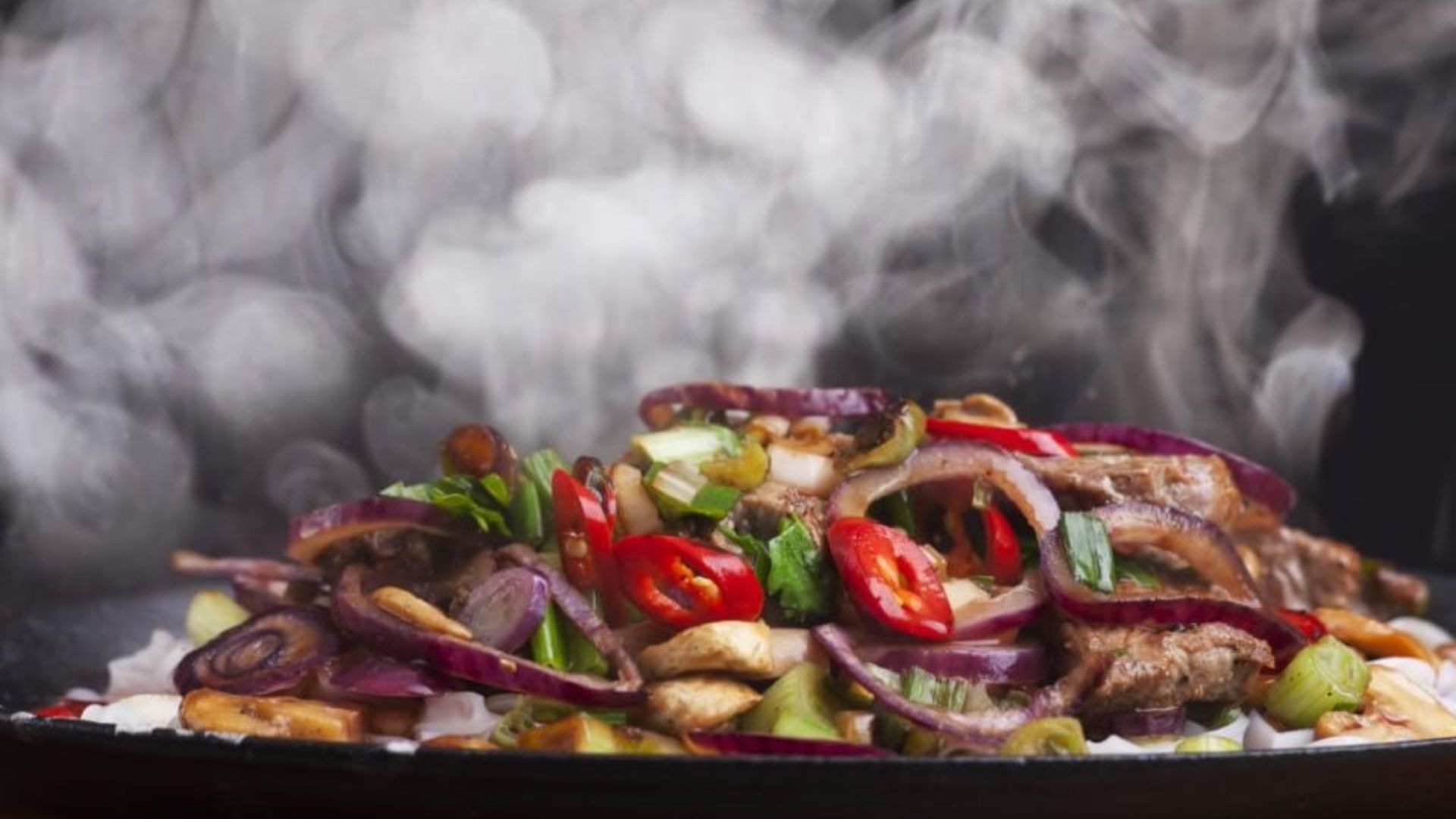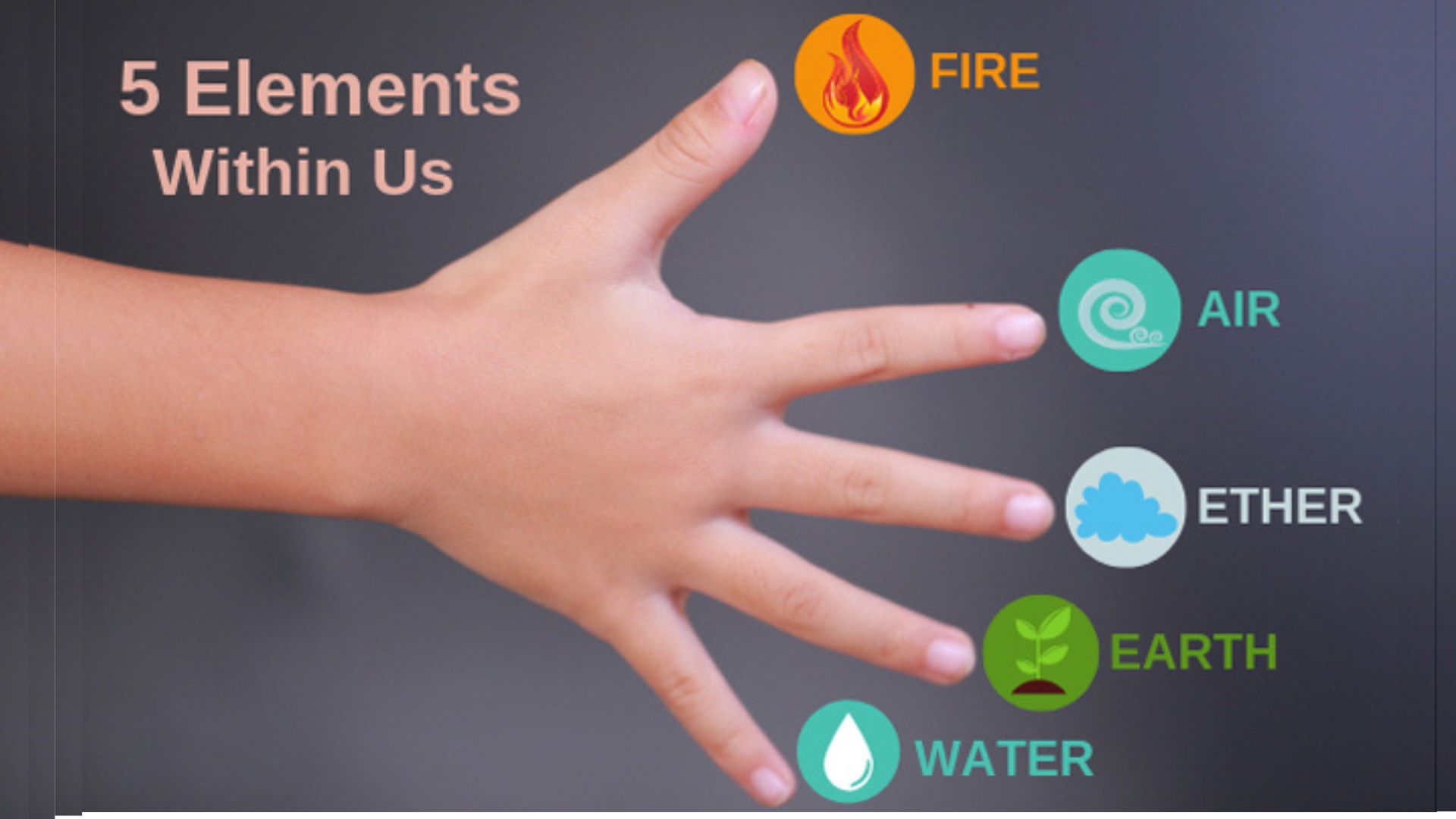If one takes a gastronomic expedition around India, one will come across the spices, aromas and colourful palette of crunchy, sweet, spicy and delectable dishes that are truly diverse. This diversity of food is in sync with the diversity of the language and to an extent, the culture of the region too. But, looking into eating habits, one thing that remains consistent and constant throughout the country is the habit of eating with their hands.
The so-called “Modern Culture” seeping in from the west deems it uncivilised to eat with one’s hands. Eating with spoons and forks is seen as a civilised form of relishing a meal. They argue that eating with a spoon is hygienic. Is it really hygienic? should we overlook and forget the ancient practices of eating with hands that our ancestors devised?
In India, every little practice or tradition always had a scientific and noble reason behind it. What could be the reason behind the habit of eating with hands? Was there any science behind this practice?
Reasons behind eating with hands
1. Builds a sensory connect

Food is always prepared at home by a loving grandmother/mother in the early morning while hearing the divine hymns of the Suprabat or Annapoorani Stotram (at least in the olden days this was the practice). This way, the food not only becomes delicious but also absorbs the positive vibrations from the Vedic chants/hymns. When such food is served the senses get activated. First, the aromatic smell of the dish served is taken in. Then when one touches the food (with a hand), the texture and the temperature are felt by the skin. Even before the food reaches the mouth, the skin in the hands adds a sensory connection and mentally prepares the person to receive the food. Food thus received makes the digestive system ready by supporting the easy digestion of food. After all, food is considered the first medicine for the body.
The great Tamil poet and Saint Thiruvalluvar under kural No. 942, under the medicine chapter says,
“ மருந்தென வேண்டாவாம் யாக்கைக்கு அருந்தியது
அற்றது போற்றி உணின்”.
Meaning : A person does not need any special medicines as long as what he eats gets digested.
2. Very Hygienic to eat with hands

When the Forks and spoons are washed with soap and steamed properly they are no doubt clean and hygienic, but that does not mean that hands are dirty and unhygienic. As long as one washes their hands properly with soap, they are hygienic. You truly know where your hands have been but do you know who else used the fork/spoon before you?
An interesting incident happened during the dinner between Dr S. Radhakrishnan ( Former President of India) and Mr Winston Churchill ( Former Prime Minister of the United Kingdom). Dr S. Radhakrishnan attended a dinner that was hosted by Mr Winston Churchill. Before eating, the former washed his hands and began eating with hands while Mr Churchill used a spoon and fork to eat. He further urged Dr Radhakrishnan to ditch his hands and use a spoon instead. Mr Radhakrishnan replied, “ Since nobody can use my hand to eat, my hand is more hygienic than any spoon or fork you use.”
There is so much truth in those words! If you are at a restaurant and choose to use a spoon, you are entrusting your health to the person who cleaned the spoon, and God knows how many people have used that piece of cutlery before you.
3. Hands and their connection to the five elements

According to the Vedas, our body is composed of 5 elements - Earth, Fire, Water, Air and Space. These five elements can be controlled by joining fingers in a certain way ( mudra). The various Mudras or hand gestures will help to increase or decrease the emotional, mental and physical qualities associated with the five elements. Thus awakening the elements.
The five elements are represented through the fingers :
The Thumb represents Fire
The Index finger represents Air
The Middle finger represents the space / Ether
The Ring finger represents the earth
The little finger represents Water
The five elements are significant for the functioning of the seven main chakras in the body. When one eats with hands, the fingertips are constantly pressed and the pressure activates or stimulates these five elements.
4. Hands are better tools for eating
Hands help in mashing, tearing and mixing food better. They are warm and flexible and do this job perfectly. Hands allow the person to eat bite-sized portions leading to slower and more conscious eating. It thus checks overeating. Also, when one eats with hands, they mash the food ( the rice with dhal or Rasam), and the first stage of digestion happens on the plate before the food reaches the mouth.
Also, have you ever tried eating/drinking and eventually burnt your tongue? It would have definitely happened during eating with a spoon/fork. This is because the person cannot judge the temperature of the food while devouring it with a spoon/ fork. Eating with hands on the other hand, ensures that the temperature of food is perfect for consumption. The skin in the mouth is more sensitive than the skin on the fingers. Burning of tongue can be easily prevented.
Thus eating with one’s hands have tons of benefits hands-down!
So enjoy tearing those crispy cone-shaped dosas, mashing and mixing the rice with hot ghee and sambar with your hands. But of course - after ensuring that you have washed and cleaned your hands with soap!
It is not only in India that people prefer eating with their hands. Many different cultures across the world prefer to eat with their hands too. Ethiopia is one such country whose culture mandates people eat with their hands. Ethiopians, just like Indians are closely knit and they enjoy their meals with their family together. They use their right hand to eat their famous bread - Injera. Just like Ethiopia, the Mexicans also use their hands to eat traditional food like the taco or tortilla.
So, is it going to be Hands or Spoons? Let us know what your pick is going to be.
 I am Vaishnavi Gurusankar, a passionate educator, a wife and a mother. I have over a decade of experience as an educator and have been closely working with teachers and children of all ages. I am also an active parenting blogger and founder of Magical Unicorn, an exclusive parenting blog founded on Indian ethos, values and stories at its core.
I am Vaishnavi Gurusankar, a passionate educator, a wife and a mother. I have over a decade of experience as an educator and have been closely working with teachers and children of all ages. I am also an active parenting blogger and founder of Magical Unicorn, an exclusive parenting blog founded on Indian ethos, values and stories at its core.
NEXT ARTICLE